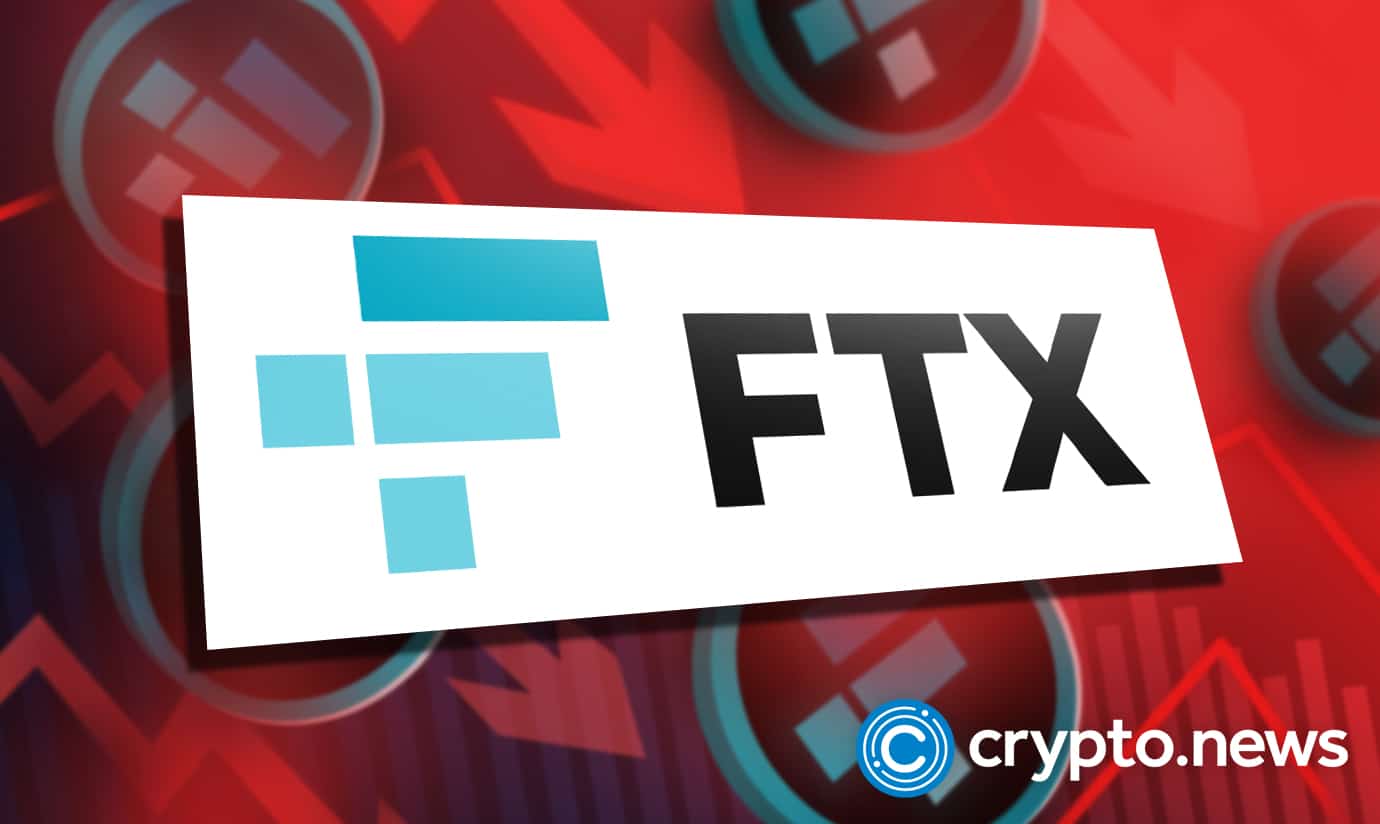2021-12-4 18:10 |
Key executives are set to be in the hot-seat when Congresswoman Maxine Waters (D-CA) Chairman of the House Committee on Financial Services chairs a hearing entitled: Digital Assets and the Future of Finance: Understanding the Challenges and Benefits of Financial Innovation in the United States.”
FTX has released a set of ten guiding principles to be used when drafting regulations on the crypto market. This follows an announcement made by Maxine Waters, chair of the House Committee on Financial Services, that executives from heavy-hitting crypto firms in the United States will be required at a hearing to discuss digital assets and the future of finance. The invited executives include FTX’s own Sam Bankman-Fried, Bitfury’s CEO Brian Brooks, Chad Cascarilla of Paxos, Denelle Dixon, chief executive of Stellar Development Foundation, and Alesia Haas, CEO of Coinbase Inc. The hearing is set to be held on Wednesday, Dec. 8, 2021.
FTX Proposals & Observations On Crypto RegulationThe blog post highlights the fragmented nature of securities and commodities regulation in the United States, where the SEC is responsible for regulating the cash securities marketplace, and the CFTC is the regulator of the commodity derivatives marketplaces, with a further regulatory distinction between security spot markets, where the SEC has regulatory oversight, and a commodity spot market, where the state has regulatory oversight. FTX proposes a unified rulebook that contains regulatory mandates for crypto spot trading and crypto derivatives trading, one risk program, and one technology stack. If there are two incumbent regulators, they propose that a crypto firm choose one of those players as a regulatory watchdog to oversee daily activities, and the other can have visibility into the firm’s operation without having jurisdiction over day-to-day activities.
FTX proposes that any regulations should address the pressing regulatory concerns, including customer protection, market integrity (i.e. no manipulation), crime prevention, and system safety and soundness, irrespective of the market structure.
Regarding disclosure requirements, FTX proposes that information around wallet architecture, insurance availability from the wallet custodian, private key management, fraud management, and security of data centers be disclosed to regulators.
The issuance of tokens by a platform should be governed by policies and procedures that outline and go in-depth on the listing standards of tokens, and should a token have only a few properties of a security, the crypto platform should disclose such information, or direct platform users to third-party sources of information.
FTX believes that standards and policies surrounding market surveillance for traditional markets should apply to crypto as well, and that supervisors be allowed to access transaction information via an Application Programming Interface (API), instead of via a third party.
Concerning customer protections, FTX proposes a light regulatory framework where crypto entities would develop and disclose policies to protect customers, and the customers could then choose where to take their business. A proposed secondary framework could be more detailed, mirroring procedures employed by traditional financial institutions. The important thing is that the crypto firm provides these services, instead of an intermediary. A platform provider should ensure that customers have multiple ways to access real-time information about their funds.
A platform using stable coins for the settlement of transactions must be transparent as to the standards for selecting the appropriate stablecoin. Market regulators have recently mandated comprehensive cybersecurity regulations for market infrastructure providers, which crypto platforms can adhere to, or develop and disclose its own policies and procedures.
Lastly, FTX is onboard with the notions of incorporating Know-Your-Customer policies, and of user activity surveillance to prevent money laundering. Platforms should conduct self-audits and should be subject to regulatory audits as well.
Ms. Waters Convenes Key Fintech HearingsMs. Waters has held multiple hearings regarding aspects of cryptocurrencies. In July 2019, she held a hearing to scrutinize Facebook’s proposed cryptocurrency with David Marcus. In Sep. 2020, she convened a hearing with Facebook chairman and CEO Mark Zuckerberg on Facebook’s impact on the financial sector. In June 2021, she held a task force on the implications of a U.S. Central Bank Digital Currency.
What do you think about this subject? Write to us and tell us!
The post FTX Releases Regulatory Proposal in Response to Hearing Convened By U.S. Congresswoman appeared first on BeInCrypto.
origin »Bitcoin price in Telegram @btc_price_every_hour
Formosa Financial (FMF) на Currencies.ru
|
|



